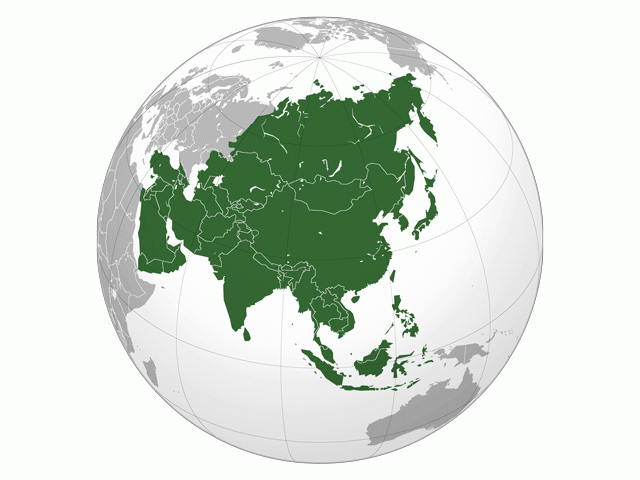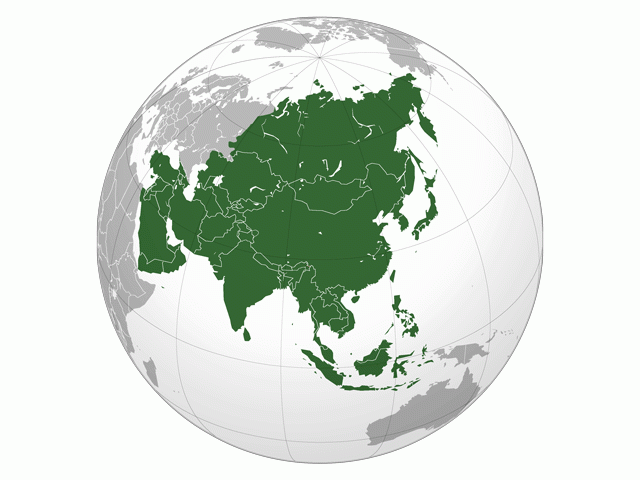An Urban's Rural View
Dealing With the Ghost of TPP
The ghost of the Trans-Pacific Partnership haunts Washington, and it looks like the Biden administration is preparing to play ghostbuster.
The TPP was Washington's child, a 12-nation trade agreement negotiated to Washington's standards by the Bush and Obama administrations. As the negotiations progressed, Washington came to see it as a way for the U.S. to set the trade rules in Asia before China set them.
Then, as the talks were nearing the finish line, the U.S. killed TPP. Donald Trump wielded the sword, withdrawing the U.S. on his first day as president. But even if he hadn't it's doubtful the deal would have won Congressional approval. By 2017, significant segments of both political parties had turned against it.
Undaunted by TPP's death, Japan and Australia led the other 11 countries to sign on to a slightly refashioned agreement called the Comprehensive and Progressive Agreement for Trans-Pacific Partner, or CPTPP.
Many U.S. exporters, including ag exporters, wish Washington would change its mind and sign on to the CPTPP. The Japanese do, too. Don't hold your breath. There's no political will in Washington to do big multilateral trade agreements.
P[L1] D[0x0] M[300x250] OOP[F] ADUNIT[] T[]
But TPP's geopolitical and economic shadow is still out there, as two recent events have reminded Washington. The first was the Jan. 1 launch of another Asian multilateral trade deal that included some of the CPTPP countries, like Japan, Australia, Singapore and New Zealand. China is a member of this Regional Comprehensive Economic Partnership.
RCEP is all about lower tariffs. It doesn't have the labor or environmental standards U.S. negotiators worked hard to include in TPP. It sets rules on digital trade that suit China's desire for state control. The U.S. had no say in setting these terms because it shunned the negotiations, and of course U.S. exporters won't enjoy the lower tariffs their competitors in member countries will.
The second event is more a ploy than an event, but it's a devilish one. China has cleverly applied for admission to CPTPP, which -- remember? -- was supposed to be about the U.S. and not China setting the rules of Asia trade. China doesn't meet the current standards for admission; too much state control of the economy. If the CPTPP countries lower the bar to let China in, the purpose of the organization from Washington's point of view will have been turned upside down.
Between these events and the urgings of Japan and Australia and U.S. exporters, then, the "dead" TPP continues to command Washington's attention, much the way the dead Banquo got Macbeth's attention in Shakespeare's play.
In response, the Biden administration's ghostbusters are preparing something aimed at quieting this annoying shade and showing the U.S. still plays a key role in Asian economic diplomacy. I've been hearing bits and pieces about this so-called Indo-Pacific Economic Framework in recent weeks, and much of what I've heard is consistent with a report on it Feb. 6 in the Wall Street Journal. (https://www.wsj.com/…)
Apparently, the idea is to work with friendly countries to set rules for economic engagement in Asia that are to Washington's liking. It's not a trade agreement, though. The Biden team won't be swapping access to the U.S. market for agreement with labor, environmental and other rules, as previous administrations did in negotiating TPP.
It's expected to be unveiled in a few weeks and I'll wait until I've seen the details before assessing it. On the surface it seems like an interesting idea -- reassert economic leadership in Asia without stirring up the domestic passions over trade agreements that doomed TPP. Indeed, the administration won't include anything in the agreement that requires Congressional approval.
It's easy to imagine applause and agreement from Japan, Australia and other developed countries in the region, which want a U.S. presence in Asia and in many cases already live by the kind of rules Washington desires. The question, I think, will be what's in it for developing Asian countries. Without market-access goodies to hand out, how will Washington tempt them to sign on?
That's especially true since the deal or deals reached under the Indo-Pacific Economic Framework won't be Congressionally approved. Will Asian countries be interested in signing agreements that successor U.S. administrations can simply revoke?
TPP may not be such an easy ghost to bust.
Urban Lehner can be reached at urbanize@gmail.com
(c) Copyright 2022 DTN, LLC. All rights reserved.






Comments
To comment, please Log In or Join our Community .